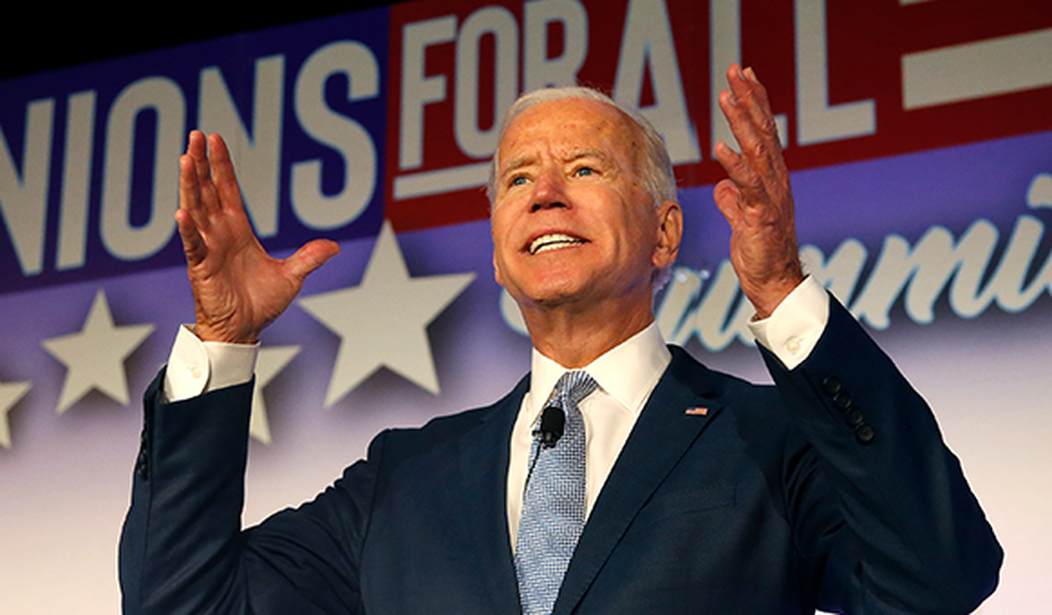(The opinions expressed in guest op-eds are those of the writer and do not necessarily represent the views of RedState.com.)
Last week, the 9th Circuit Court of Appeals heard arguments in three cases dealing with public employee labor unions accused of forging employee signatures on dues-authorization cards so they can take their money without permission and spend it on politics.
When combined with nearly a dozen other instances of union forgery filed just in courts under the purview of the 9th Circuit, not to mention a separate case currently pending before the 8th Circuit, the actions vividly illustrate just how far unions will go to advance their own political agenda with no regard for the employees whose interests they claim to represent.
It’s one thing to assert that a government worker who signs a membership and dues-authorization card has agreed to give his or her money to a union for a specified period of time.
While signing a card does not necessarily negate the question of whether that employee has given affirmative consent to have union dues deducted from their paychecks as required by the U.S. Supreme Court’s 2018 ruling in Janus v. AFSCME, at least the argument isn’t absurd on its face.
But it’s altogether different to claim employees should be no less restricted when both sides understand the union has forged the required signature on that card, which is precisely what characterizes the whole collection of cases unions must currently defend in three western states.
To see just how tortured this line of reasoning is, one need only consider the background of the Janus lawsuit.
Mark Janus was an Illinois state employee whose money was taken despite his never having signed a union agreement or given affirmative consent — unequivocal requirements spelled out by Justice Samuel Alito in his stinging majority opinion.
Even though Mark Janus did nothing, state law and the collective bargaining agreement between the state and the union compelled him to subsidize objectionable union speech.
This is precisely the same assertion made by the workers who discovered their own union had forged their signatures. They never gave their permission through a contract or any other means. Like Mark Janus, they did nothing.
And yet the unions continued taking their money and spending it on their pet political projects anyway.
In any other context, this activity would clearly violate the spirit, if not the letter (as here), of the law. Imagine, for example, your employer taking your money against your will and giving it to a pro-choice advocacy group if you were pro-life. Or vice versa.
Or requiring you to support (with your money) a political party you find abhorrent.
None of this troubles the unions in the least. And up to this point, the courts have largely agreed.
But it doesn’t take a constitutional scholar to understand why such a system is offensive and, in the context of public employee labor unions, unconstitutional.
Throw in a little outright fraud, and you have a toxic mix just begging for judicial scrutiny.
Adding insult to injury, the same unions that have been taking these employees’ money with neither contractual authorization nor their affirmative consent have the chutzpah to claim it was just an isolated mistake or clerical error.
“Sorry, your honor. It won’t happen again. Oh, and here’s a check to make the lawsuit go away. Thanks for your time.”
In each of these forgery cases the Freedom Foundation has brought before West Coast courts, union leadership has gotten away with this tactic and been allowed to go on about their business — until the next time.
The pattern of forgeries has become so predictable that SEIU is facing lawsuits under the Racketeering Influenced Corrupt Organizations (RICO) Act in both Washington state and Oregon.
But more is required by the Constitution.
The First Amendment empowers public employees to make their own decisions about whether to financially support the political activities of unions. Even if they decide to sign union agreements — and, in the case of the forgeries, they don’t — those agreements still have to conform to fundamental constitutional guidelines.
At a bare minimum, these include those employees being put on notice that by agreeing to have the union take their money they are, in fact, waiving their First Amendment right not to.
It’s not enough to sign a card that makes no mention of this fact — especially when the signature authorizing it is obviously bogus.
This entire issue centers on unions’ desire to avoid and subvert the force of the First Amendment.
Depending on what the 9th and 8th Circuits decide in the currently pending cases, it may soon be necessary for the Supreme Court to intervene and explain that the constitutional rights of public employees depend on more than the stroke of a pen.
Especially one wielded by the unions themselves.
Timothy Snowball is a litigation counsel at the Freedom Foundation. www.FreedomFoundation.com













Join the conversation as a VIP Member